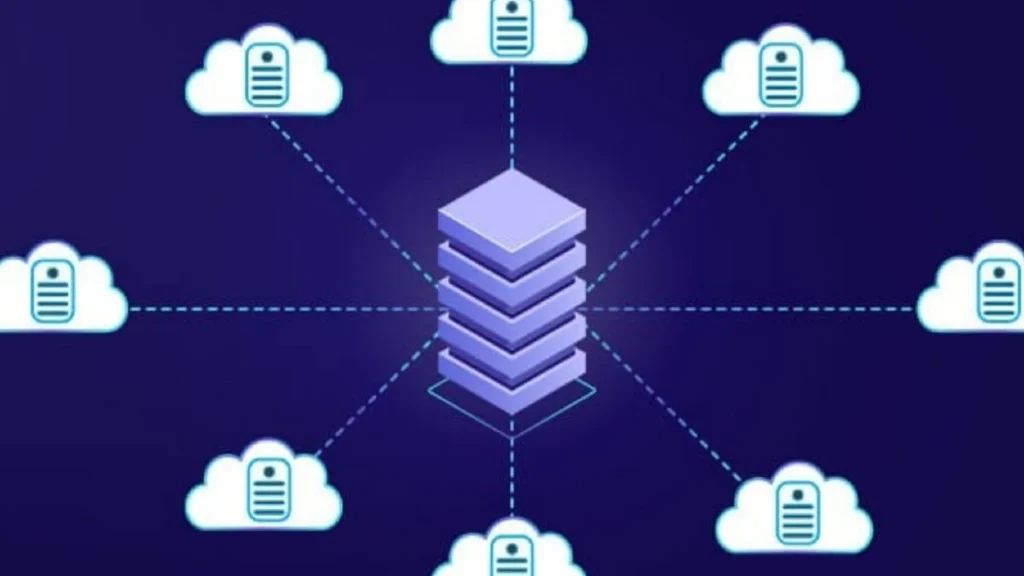Blockchain technology is transforming cloud storage by enabling decentralized solutions that offer enhanced security, privacy, and efficiency. Unlike traditional cloud services, which rely on centralized servers managed by a single provider, blockchain-based systems distribute data across a network of nodes, ensuring greater resilience and transparency.
Decentralized cloud storage eliminates the vulnerabilities associated with centralization, such as data breaches and server outages. Data is encrypted and fragmented into smaller pieces, or “shards,” which are distributed across multiple nodes. Only the user with the encryption key can reassemble and access the data, ensuring confidentiality. Blockchain’s immutable ledger records all transactions, providing a transparent history of data access and modifications.
This approach also addresses concerns over data ownership. In traditional systems, service providers often control user data, raising issues of privacy and misuse. With decentralized storage, users retain full ownership and control, as the system operates on peer-to-peer networks without intermediaries.
Cost efficiency is another advantage. By leveraging unused storage space on personal or enterprise devices, decentralized platforms can reduce operational costs compared to maintaining vast data centers. These savings are often passed on to users, making decentralized storage an economically attractive alternative.
Blockchain’s native support for smart contracts enhances automation and trust in these systems. For example, payment for storage services can be handled seamlessly through cryptocurrency, ensuring transparent and tamper-proof transactions. Smart contracts can also automate tasks like verifying storage availability or ensuring compliance with data integrity standards.
However, challenges remain in the adoption of blockchain-based decentralized cloud storage. Scaling these networks to accommodate large volumes of data without compromising performance is a significant hurdle. Network latency and bandwidth limitations can affect the speed of data retrieval. Moreover, educating users about managing encryption keys is crucial, as losing these keys can result in permanent data loss.
Several platforms, such as Filecoin, Storj, and Sia, are leading the charge in decentralized storage, demonstrating the viability of these systems in real-world applications. As technology matures and integration with existing infrastructure improves, decentralized cloud storage has the potential to disrupt traditional models, offering a more secure, private, and user-controlled alternative for data management.

